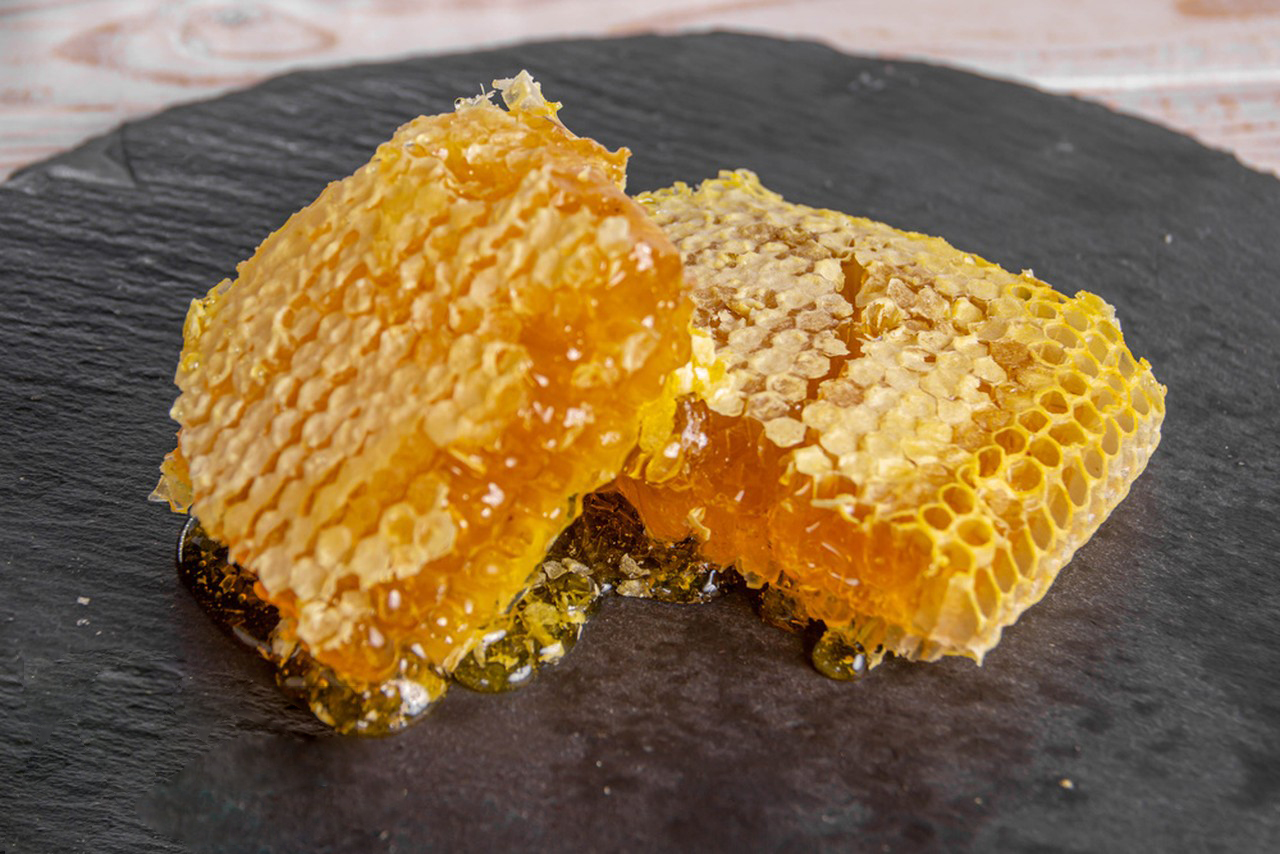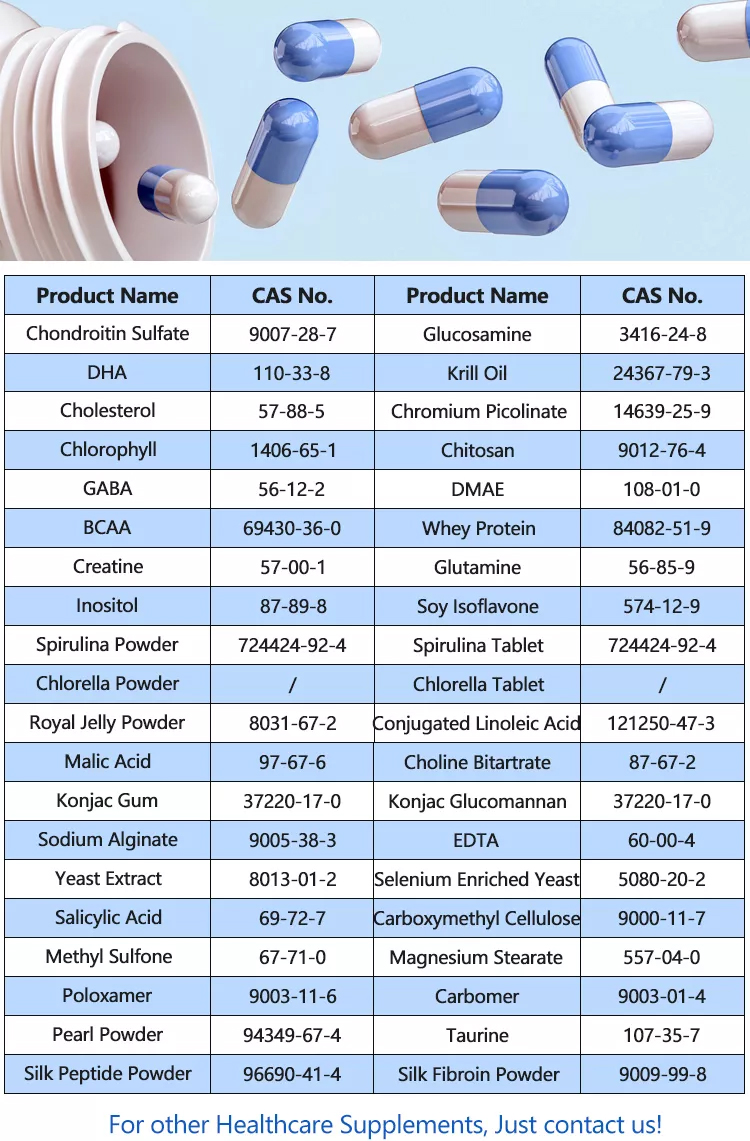Royal Jelly Powder is a substance produced by worker honeybees and is used as a special food for the queen bee and young larvae. It’s often promoted as a health supplement, and while it has some potential benefits, it also has its drawbacks. Here are some pros and cons of royal jelly:
Pros of Royal Jelly Powder:
Nutrient-Rich: Royal jelly is rich in nutrients, including vitamins (such as B vitamins and vitamin C), minerals (like calcium and magnesium), and amino acids. It also contains proteins, fatty acids, and carbohydrates, making it a potential source of essential nutrients.
Potential Antioxidant Properties: Royal Jelly Powder contains antioxidants, which can help protect cells from damage caused by free radicals. This may contribute to its potential anti-aging and health-promoting effects.

Immune System Support: Some studies suggest that royal jelly may boost the immune system, potentially enhancing the body’s defense against infections and diseases.
Anti-Inflammatory Properties: Royal Jelly Powder has shown anti-inflammatory effects in some studies, which can be beneficial for conditions involving inflammation.
Wound Healing: There is some evidence to suggest that royal jelly may aid in wound healing due to its anti-inflammatory and antimicrobial properties.
Possible Skin Benefits: Some skincare products contain royal jelly due to its potential skin-rejuvenating and moisturizing properties. It may help with conditions like dry skin and acne.
Cons of Royal Jelly Powder:
Allergic Reactions: Royal jelly can cause allergic reactions in some individuals, ranging from mild skin rashes to severe anaphylaxis. Those with allergies to bee products should avoid royal jelly.
Lack of Scientific Consensus: While there is some research on the potential benefits of Royal Jelly Powder, more high-quality studies are needed to confirm its efficacy for various health claims. Many claims are anecdotal or based on small-scale studies.
Cost: Royal jelly can be expensive, especially when sold in its pure and fresh form, making it less accessible to some consumers.

Short Shelf Life: Royal Jelly Powder is perishable and has a relatively short shelf life, which can make it challenging to store and use effectively.
Safety Concerns: Limited information is available on the long-term safety of royal jelly when used as a dietary supplement. It’s essential to follow recommended dosages and consult a healthcare professional before using it regularly.
Ethical Concerns: The production of royal jelly often involves the killing of young worker bees, which can raise ethical concerns for some people.
In summary, royal jelly offers potential health benefits, but it also comes with risks and limitations. Before using royal jelly as a dietary supplement or skincare product, it’s advisable to consult with a healthcare professional and consider your specific health needs and any potential allergies or sensitivities. Additionally, it’s essential to be aware of the quality and source of the royal jelly product you choose.
